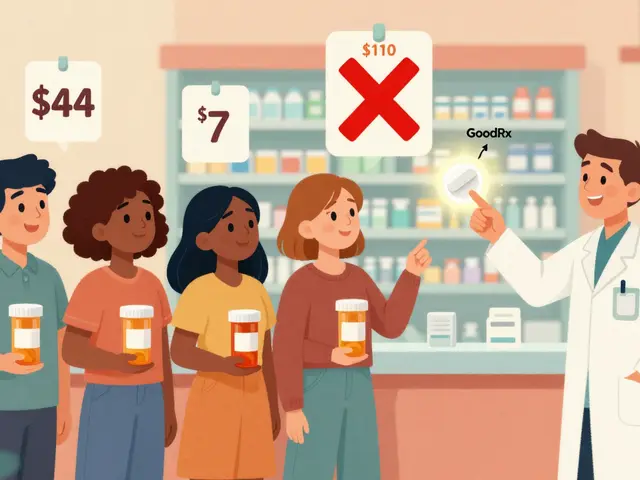Antioxidants: What They Are and Why You Need Them
Ever wonder why some foods are called "superfoods"? The secret is often antioxidants – natural compounds that help your cells fight damage from free radicals. Free radicals are unstable molecules that can hurt cells and speed up aging, but antioxidants neutralize them, keeping your body running smoother.
Adding antioxidants to your diet isn’t a fancy health fad; it’s a practical way to support your immune system, heart health, and even brain function. Most people can boost their antioxidant intake with everyday meals, no need for pricey pills or exotic ingredients.
Top Food Sources of Antioxidants
Here are the easiest foods to stock up on:
- Berries – blueberries, strawberries, and raspberries pack a punch of vitamin C and anthocyanins.
- Leafy greens – spinach, kale, and Swiss chard are rich in lutein and beta‑carotene.
- Nuts and seeds – almonds, walnuts, and sunflower seeds offer vitamin E and selenium.
- Whole grains – oats, quinoa, and brown rice contain phenolic acids that act as antioxidants.
- Spices – turmeric, cinnamon, and ginger bring curcumin or gingerol, both powerful antioxidant agents.
Mix these into smoothies, salads, or a simple stir‑fry, and you’ll get a daily antioxidant boost without extra effort. Aim for at least five different colors on your plate each day – the more color, the wider variety of antioxidants you’re consuming.
Supplement Tips and Safety
If you struggle to eat enough fresh produce, supplements can help, but they’re not a magic fix. Choose products that list the exact antioxidant compounds (like vitamin C, vitamin E, or resveratrol) and avoid “proprietary blend” labels that hide dosages.
Start with the lowest recommended dose and see how you feel. High doses of some antioxidants, especially vitamin E or beta‑carotene, can interfere with certain medications or increase health risks for smokers. Always check with a pharmacist or doctor if you’re on prescription meds.
Remember, antioxidants work best when paired with a balanced diet, regular exercise, and good sleep. They’re part of a broader lifestyle that keeps oxidative stress low.
Quick everyday hacks:
- Add a handful of berries to your morning oatmeal.
- Swap white rice for quinoa or brown rice at lunch.
- Sprinkle cinnamon on your coffee or yogurt.
- Snack on a small mix of almonds and walnuts instead of chips.
- Use olive oil and lemon juice as a dressing – both have antioxidant properties.
By making these tiny swaps, you’ll naturally up your antioxidant intake and give your body the tools it needs to stay resilient.
So, next time you shop, look for bright colors, pick whole foods, and keep supplements simple. Your future self will thank you for the extra protection against everyday wear and tear.
22
Bog Bilberry Health Benefits: The Natural Super‑Berry Supplement
Explore the science behind bog bilberry, its rich antioxidant profile, and how it can boost heart, brain, and blood‑sugar health as a natural dietary supplement.
Latest Posts
Popular Posts
-
 Enteral Feeding Tube Medication Safety: Compatibility and Flushing Protocols Explained
Enteral Feeding Tube Medication Safety: Compatibility and Flushing Protocols Explained
-
 Celiac Disease: Gluten-Free Living and Nutrient Supplementation
Celiac Disease: Gluten-Free Living and Nutrient Supplementation
-
 Out-of-Pocket Costs: How Generics Cut Your Drug Bills - and When They Still Hurt
Out-of-Pocket Costs: How Generics Cut Your Drug Bills - and When They Still Hurt
-
 Meniere’s Diet: How Sodium Restriction and Fluid Balance Reduce Vertigo and Hearing Loss
Meniere’s Diet: How Sodium Restriction and Fluid Balance Reduce Vertigo and Hearing Loss
-
 Spinal Cord Injury: Understanding Function Loss, Rehabilitation, and Assistive Devices
Spinal Cord Injury: Understanding Function Loss, Rehabilitation, and Assistive Devices


